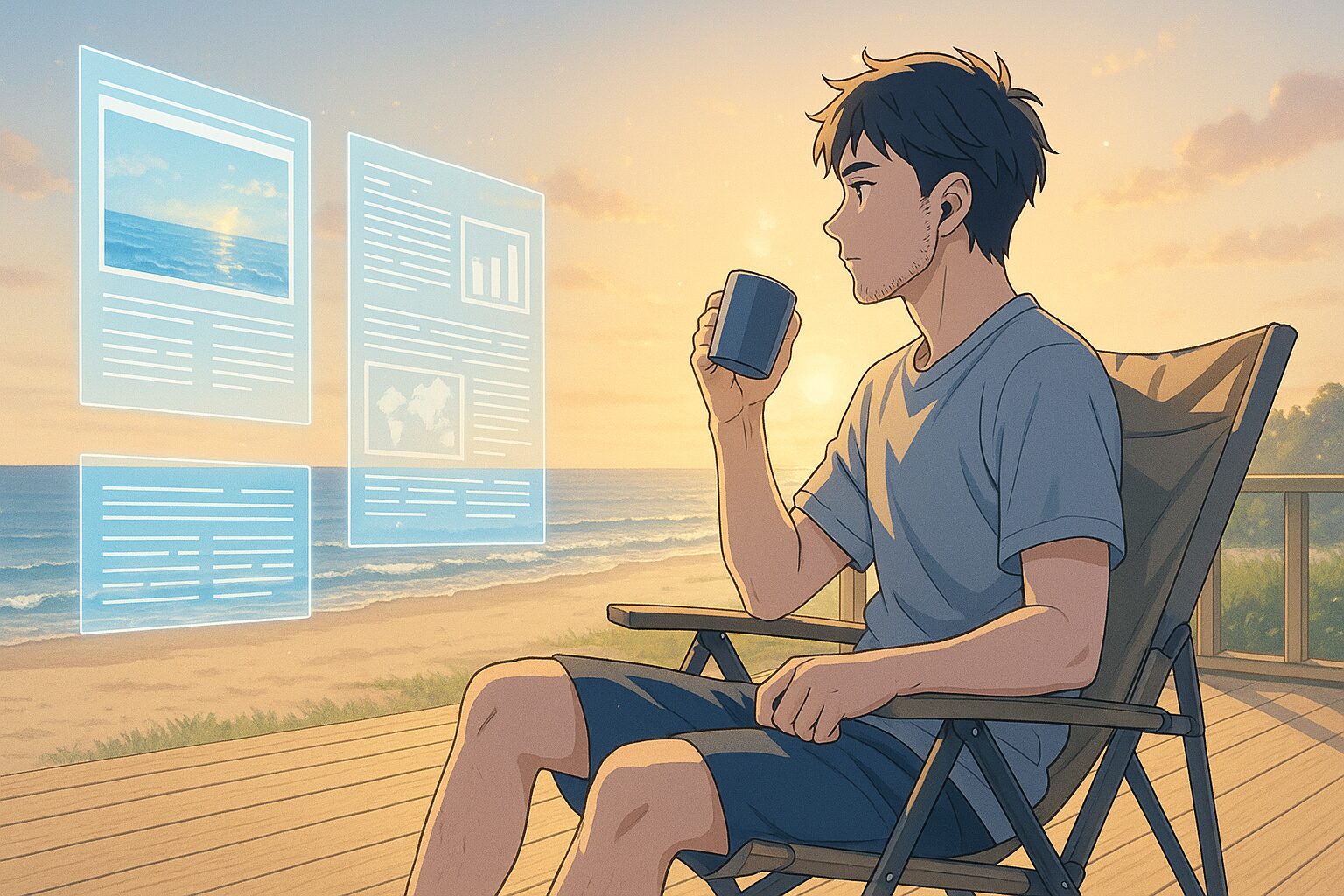How Will the Evolution of AI Change Our Future?
In recent years, the rapid evolution of artificial intelligence (AI) and automation has significantly impacted our lives and work. At the DevSparks Hyderabad event held in 2025, many discussions were held about the future of AI. If this trend continues, how will our society change?
1. Today’s News
Source:
https://yourstory.com/2025/08/ai-ecosystem-devsparks-2025-hyderabad-summit-nvidia-google-aws
Summary:
- The DevSparks Hyderabad event brought together developers and AI leaders to discuss ways to enhance the AI ecosystem.
- Major companies like Nvidia, Google, and AWS participated in the event, indicating technical directions.
- The expectations and challenges related to automation and AI evolution were addressed in many sessions.
2. Considering the Background
The evolution of AI technology has the potential to fundamentally change the way we live and work. The wave of automation emerged from the pursuit of efficiency, making our lives more convenient while also creating new challenges. Why is this change happening now? It is because technological evolution continues to surpass our expectations. Let’s consider what impact this change will have on our lives and think about the future.
3. What Does the Future Hold?
Hypothesis 1 (Neutral): A Future Where AI is Commonplace
It is conceivable that AI will permeate every corner of our lives and become a normal part of our daily routines. AI will assist in transportation, healthcare, and education, becoming a supportive presence in our lives. This change may lead us to become accustomed to using AI, and our values may shift to consider “having AI as normal.”
Hypothesis 2 (Optimistic): A Future Where AI Flourishes
A future may arrive where AI technology evolves further, enriching our lives. With AI creating new industries and revitalizing the economy, more people will benefit. As a result, our quality of life may improve, and a positive perception of AI may spread.
Hypothesis 3 (Pessimistic): A Future Where Human Roles Diminish
On the other hand, as AI evolves, there may be a future where human roles gradually decrease, leading to increased unemployment and social anxiety. This may provoke fundamental questions about “what it means to be human” in our value systems.
4. Tips for Us
Thought Perspective Tips
- A perspective that reflects on one’s strengths, assuming coexistence with AI.
- A viewpoint that considers a balance between utilizing AI in daily choices while not becoming overly dependent.
Small Practical Tips
- Maintain a curious attitude toward technology and a constant willingness to learn.
- Create opportunities to discuss AI evolution with family and friends to deepen understanding.
5. What Would You Do?
- How will you respond to the changes brought by AI? Will you actively learn about technology?
- How will you prepare for the wave of automation brought by AI? Will you acquire new skills?
- What are your thoughts on a future where AI is integrated into daily life? Will you accept it positively?
What kind of future do you envision? Please let us know through social media quotes or comments.









